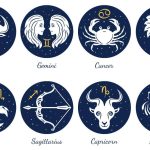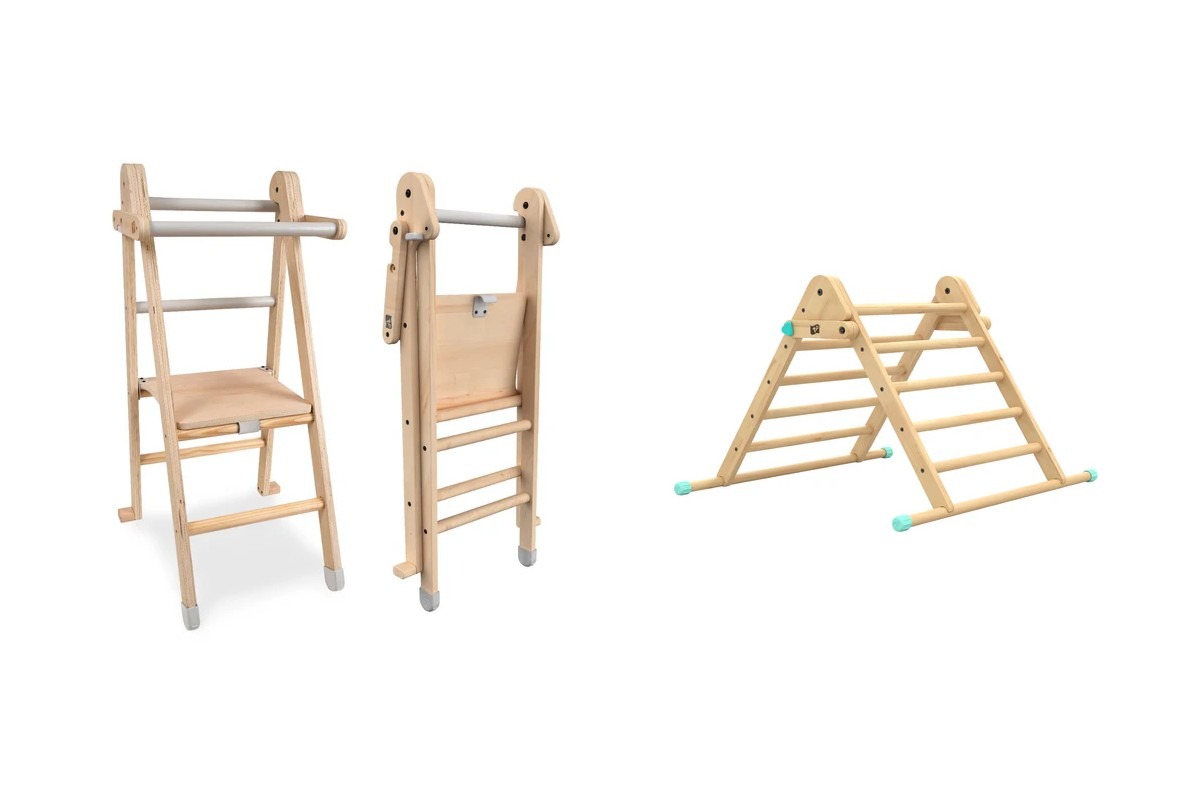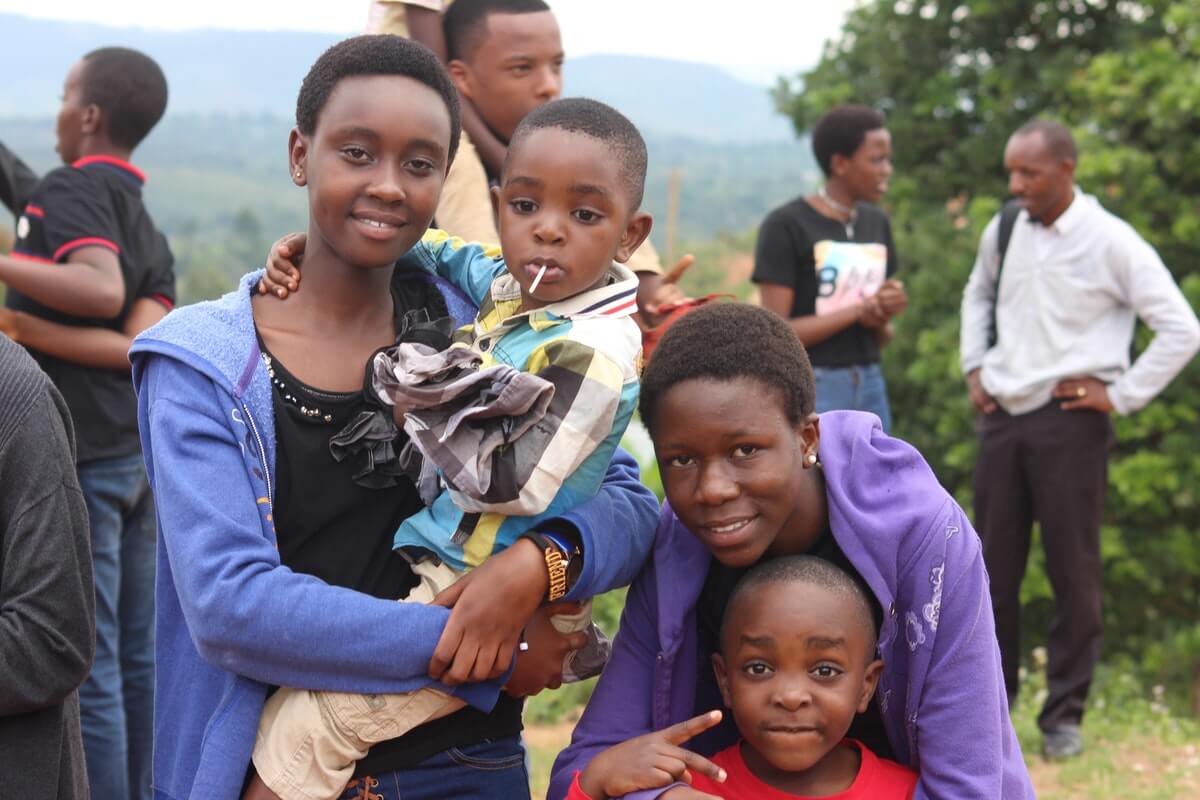As parents, guardians, or caregivers, choosing the right toys for children is an important part of their early development. Toys not only entertain, but they also play a vital role in fostering cognitive and motor skills. By encouraging problem-solving, creativity, and hand-eye coordination, well-designed toys can support your child’s growth in meaningful ways. In this article, we’ll explore the top 10 toys that are especially beneficial for young children, highlighting both educational toys and the timeless appeal of wooden baby toys.
1. Wooden Building Blocks
Wooden building blocks are an excellent choice for boosting both cognitive and motor skills. These classic toys encourage children to engage in imaginative play, helping them develop spatial awareness, problem-solving abilities, and fine motor skills as they stack and arrange the blocks. As they grow older, they can begin experimenting with more complex structures, which fosters creativity and critical thinking. The tactile nature of wooden blocks also helps improve dexterity and hand strength, especially when children are learning to grip and stack pieces of various sizes.
2. Shape Sorters
Shape sorters are a fantastic toy for younger children, helping them to develop their understanding of shapes, colours, and sizes. By attempting to match the correct shape to the corresponding hole, babies and toddlers refine their fine motor skills and hand-eye coordination. This simple yet effective educational toy also introduces basic problem-solving skills, as children must figure out how to fit each shape through the right opening. Many shape sorters also help children recognise and name shapes, laying the foundation for early learning in geometry.
3. Stacking Rings
Stacking rings are a beloved classic among wooden baby toys, combining both cognitive and motor skill development. Typically consisting of a series of colourful rings, children learn to stack them from largest to smallest or vice versa. This activity develops hand-eye coordination, fine motor skills, and an understanding of relative size. Stacking also aids in memory recall and cognitive thinking, as children must remember the correct order of the rings. Furthermore, as they experiment with different combinations, they build their ability to focus and concentrate.
4. Interactive Musical Instruments
Musical toys, such as xylophones, drums, or maracas, are an excellent way to stimulate a child’s cognitive and sensory development. Playing an instrument encourages children to explore rhythm, sound, and cause-and-effect relationships. Musical toys also help develop fine and gross motor skills, as children use their hands, fingers, and arms to tap, strike, or shake the instruments. Moreover, listening to and creating music helps with auditory processing, memory, and attention span. Educational toys like these can ignite a child’s love for music while strengthening cognitive skills.
5. Educational Puzzles
Puzzles are an incredible tool for developing cognitive skills such as problem-solving, memory, and logical thinking. Simple wooden puzzles, often featuring bright colours and fun designs, are particularly beneficial for younger children. As they attempt to match pieces together, children refine their fine motor skills and hand-eye coordination. Puzzles also encourage perseverance, as children learn to approach a task, assess potential solutions, and find success through trial and error. As children grow older, more complex puzzles can introduce critical thinking and abstract reasoning.
6. Wooden Baby Toys with Textures
Wooden toys with different textures offer sensory stimulation, promoting both cognitive and motor development. For instance, wooden rattles or teethers often feature varied surfaces and shapes, encouraging babies to explore the world around them through touch. As babies manipulate these toys, they develop fine motor skills and strengthen the muscles in their hands and fingers. These toys can also be paired with other sensory experiences like sound or colour, fostering a deeper understanding of cause and effect.

7. Pretend Play Sets
Pretend play is an essential part of cognitive and social development, as it encourages children to use their imaginations, practise social skills, and learn problem-solving strategies. Educational toys like kitchen sets, tool kits, and doctor’s kits provide opportunities for role-playing and mimicry, which are crucial for cognitive growth. These toys help children develop their language skills as they communicate their thoughts and ideas. Through role-playing, children also practise empathy, learning to understand and relate to the perspectives of others.
8. Activity Cubes
Activity cubes are a multi-functional toy that offers a wide range of developmental benefits. Often made from wood, these cubes come equipped with various activities, such as bead mazes, shape sorters, spinning gears, and more. As children interact with the different components of the cube, they work on their fine motor skills, hand-eye coordination, and problem-solving abilities. Additionally, activity cubes often introduce basic concepts such as colours, numbers, and animal recognition, making them a fantastic early educational tool.
9. Balance Bikes
While not traditionally thought of as an educational toy, balance bikes play a significant role in developing a child’s motor skills, particularly their gross motor skills. Balance bikes are designed to help toddlers build balance and coordination before transitioning to a traditional pedal bike. As they glide, children develop their leg muscles, enhance their sense of balance, and improve their spatial awareness. This activity also encourages confidence, independence, and perseverance as children master the skills needed to balance and steer.
10. Montessori-Inspired Wooden Toys
The Montessori approach to education emphasises hands-on learning and self-directed play, and wooden toys that follow these principles are particularly effective in fostering cognitive and motor development. Toys like wooden stacking trays, nesting boxes, or counting beads encourage independent exploration and problem-solving. These educational toys often focus on simplicity and craftsmanship, which allows children to focus on the task at hand and engage deeply with their surroundings. By providing opportunities for independent learning, these toys help build self-confidence, critical thinking, and fine motor skills.
Conclusion
Selecting the right toys for your child can have a lasting impact on their development. Educational toys and wooden baby toys not only entertain, but also enhance cognitive and motor skills. Whether it’s through building with blocks, solving puzzles, or engaging in pretend play, these toys support a wide range of developmental milestones. By choosing quality toys that stimulate curiosity, creativity, and learning, you are laying the foundation for your child’s future success in school and beyond.
Also Read: The Essential Packing List for a Beach Vacation With Kids
Remember, the best toys for your child are those that allow them to explore, experiment, and learn in a fun, engaging way. Whether you’re opting for wooden baby toys or more modern educational gadgets, the key is to foster a love of learning that lasts a lifetime.









